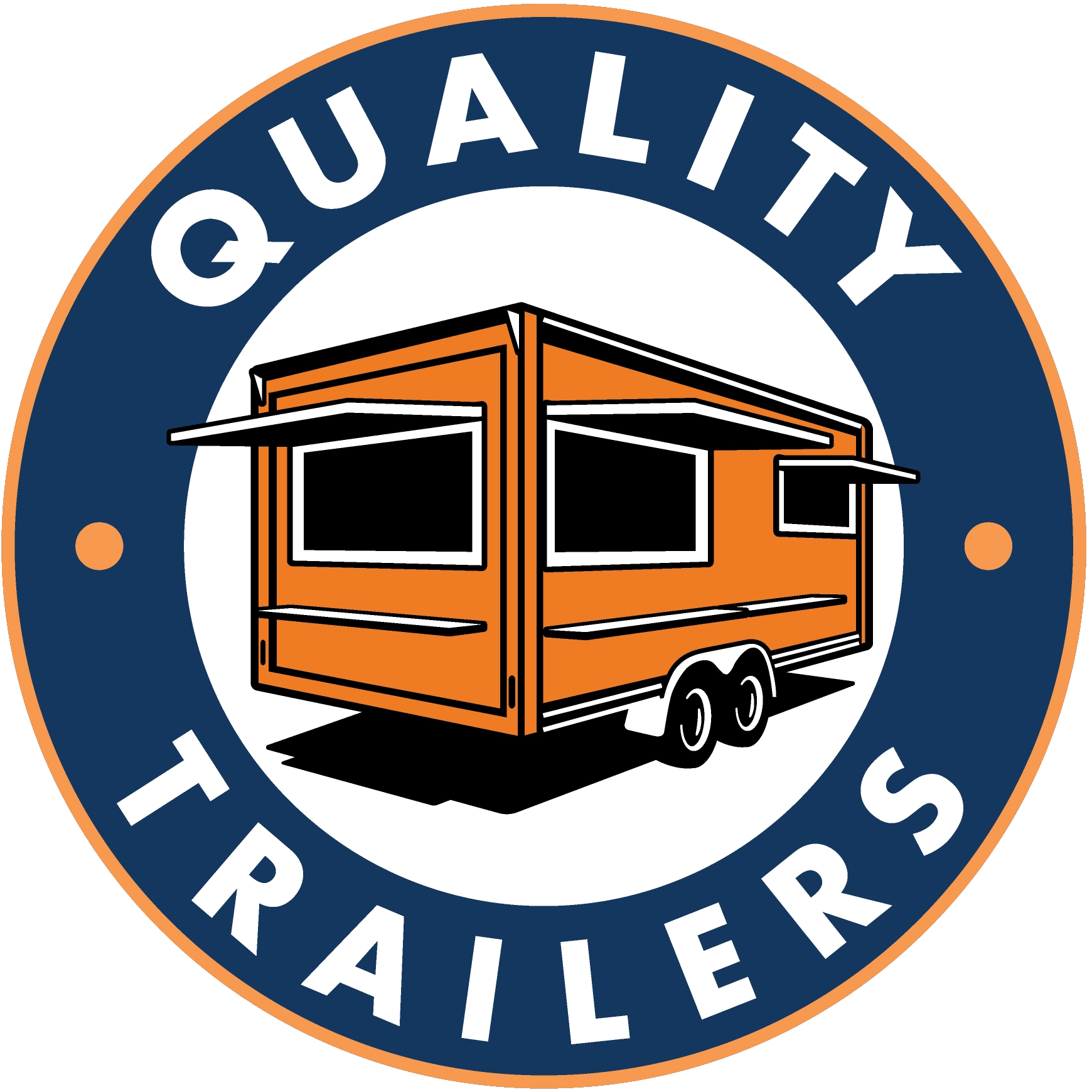How Portland Food Trailers Influence the City’s Food Culture
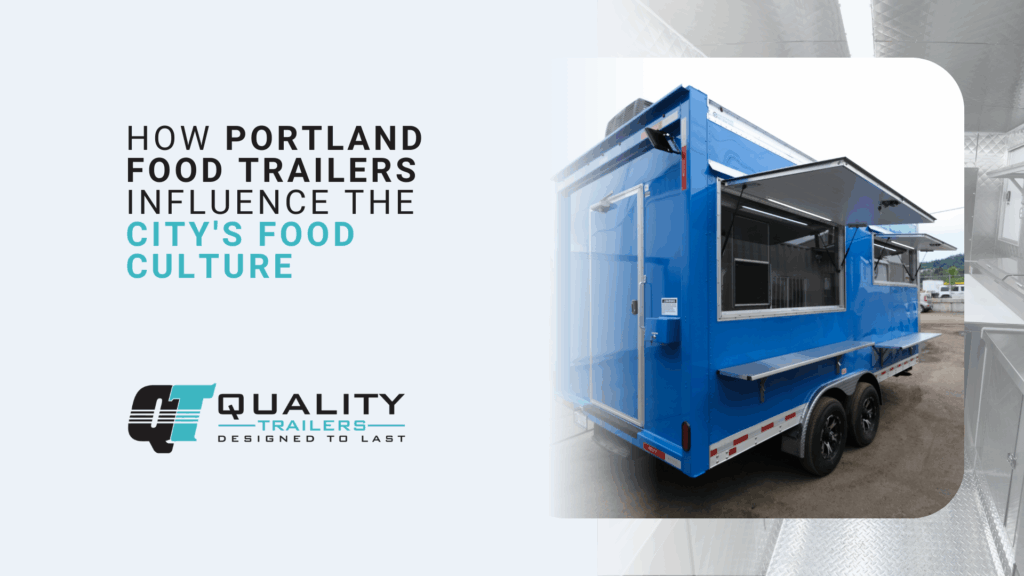
Portland’s vibrant food scene has become synonymous with innovation, diversity, and a certain rebellious spirit that celebrates culinary creativity. At the heart of this dynamic foodscape are the city’s numerous food trailers, which have transformed from simple street vendors into cultural institutions that define the city’s gastronomic identity. These mobile kitchens have revolutionized how Portlanders […]
Marketing Strategies for Oregon Food Trailers to Attract Loyal Customers
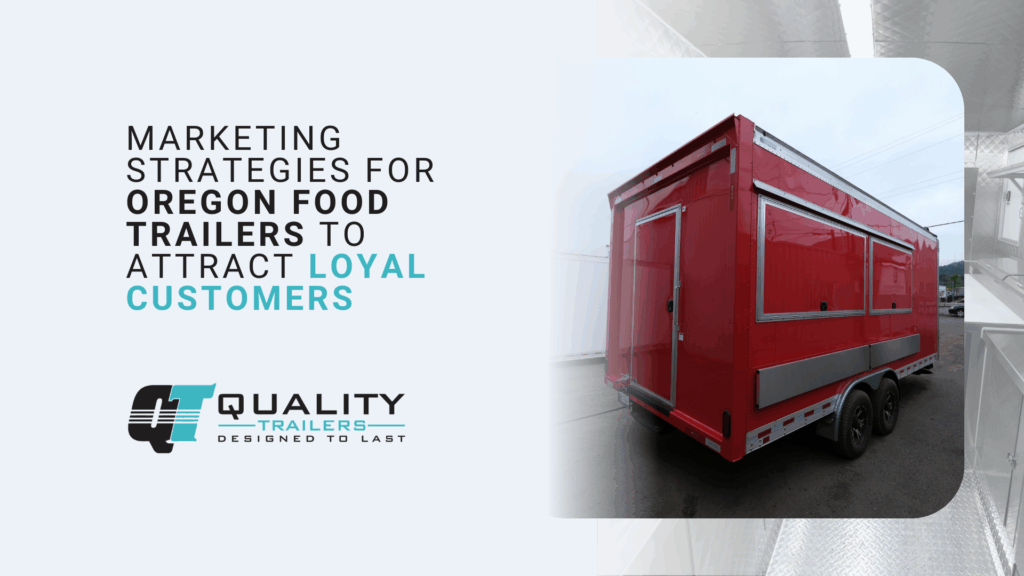
In the vibrant culinary landscape of the Pacific Northwest, food trailers have become an integral part of the dining scene. For entrepreneurs operating in Oregon’s competitive food trailer market, implementing effective marketing strategies is essential to stand out and build a loyal customer base. This comprehensive guide explores proven tactics that can help your mobile […]
Design Trends for Custom Built Food Trailers in Portland’s Foodie Scene
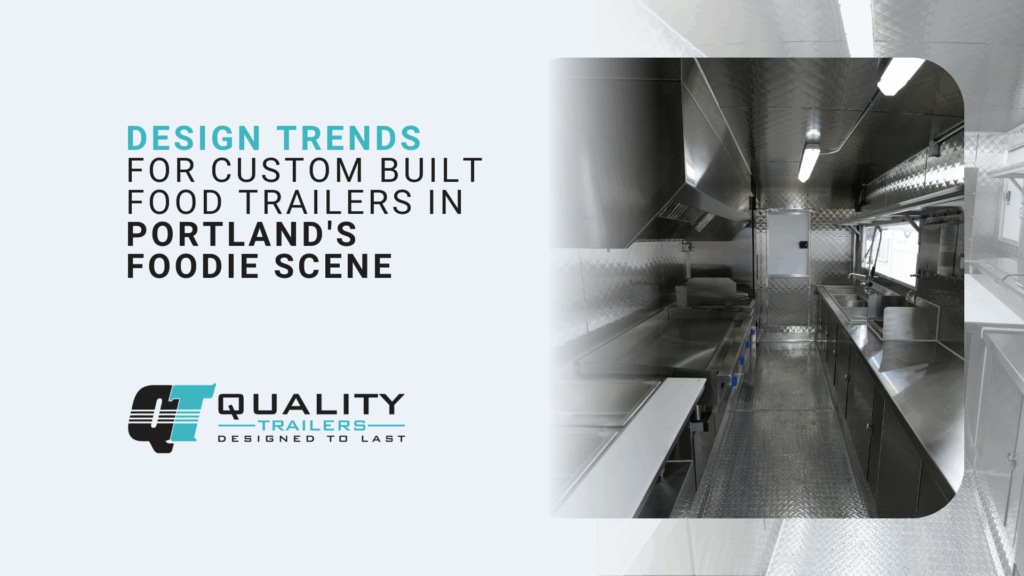
In a city renowned for its vibrant culinary landscape, food trailers have become an integral part of the local dining experience. The evolution of custom food trailers in Portland has mirrored the city’s innovative and diverse food culture, creating unique mobile dining experiences that captivate locals and visitors alike. Portland’s food scene has always embraced […]
Permitting Process for Custom Built Food Trailers in Oregon
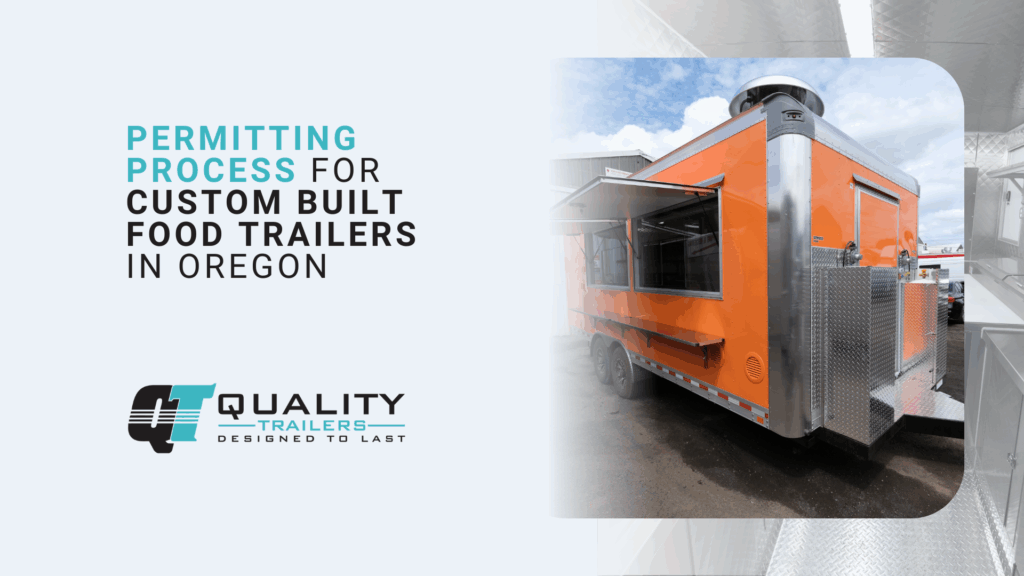
Starting a mobile food business in Oregon involves navigating a complex web of regulations, permits, and inspections. For entrepreneurs looking to launch their culinary dreams with custom food trailers, understanding the permitting process is crucial to avoid costly delays and ensure compliance with state and local requirements. Understanding the Regulatory Landscape for Food Trailers in […]
Helping Deeʻs Poi Mochi rebuild after the Lahaina wildfires
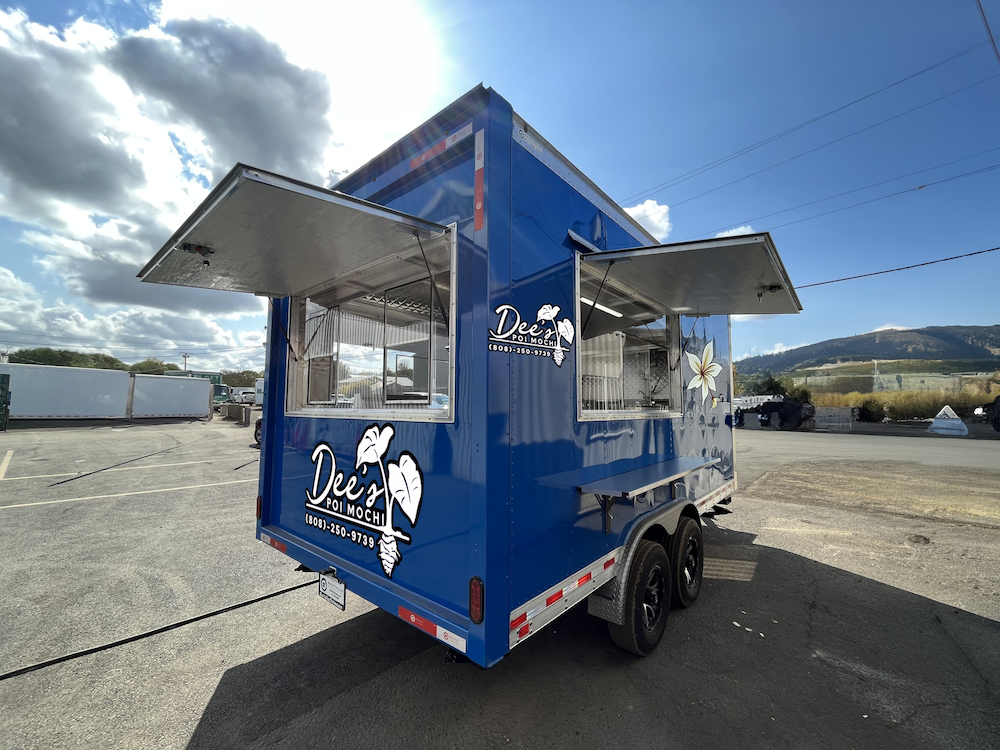
At the heart of our concession trailer community, every mobile kitchen weaves a unique story of ambition, resilience, and unity. At Quality Trailers, we felt a profound connection to Dee Rodrigues’s plight when the Lahaina wildfires engulfed her beloved Dee’s Poi Mochi, erasing not just a business but a vital piece of Hawaiian heritage and […]
Navigating the World of Food Trailer Financing: A Friendly Guide

How To Finance Your Food Trailer Dream Welcome to the Quality Trailers Inc. blog! Today, we’re diving into an exciting topic for all your aspiring food entrepreneurs: financing your very own food trailer. It’s a journey filled with potential and promise, and we’re here to guide you through it with a blend of expertise and […]
